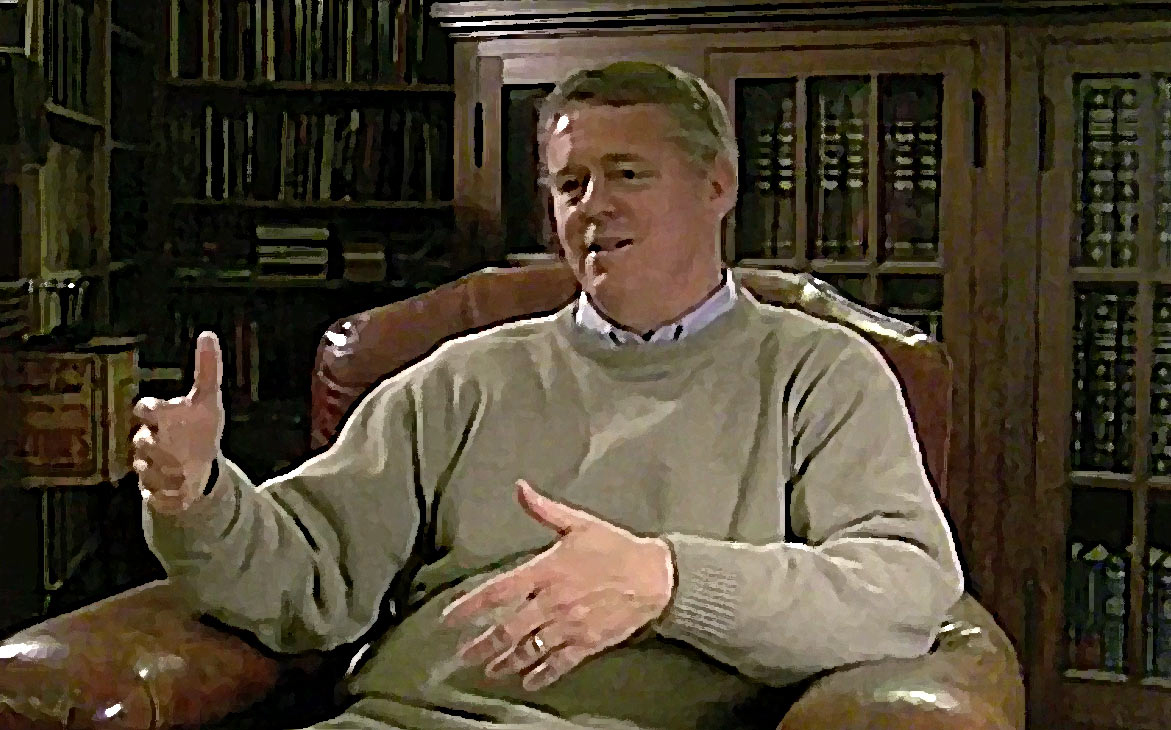Could it be? We do not live under the Constitution of the United States. The document has been a dead letter for a century, maybe longer.
Ours is a Post-Constitutional America.
Surely, there have been great moments of executive usurpation.
Andrew Jackson, in defiance of the Supreme Court, and against all normal principles of law and justice, removed the Cherokee from their agrarian holdings in Georgia and contiguous southeastern United States, sending them marching to Oklahoma. The Supreme Court said his order was unconstitutional. Jackson’s response? Not really much different from “nyah nyah, nyah nyah, nyah nyah.”
Much of the Civil War and Reconstruction was undertaken on the shakiest of constitutional grounds. And then came the “great progressive” presidents.
 Republican Teddy Roosevelt and Democrat Woodrow Wilson defied the explicit intent of the Constitution’s authors — as written in The Federalist as well as in the state houses that adopted the new compact. Both presidents construed the Constitution as authorizing the federal government to do pretty much darn near anything not explicitly forbidden in the document.
Republican Teddy Roosevelt and Democrat Woodrow Wilson defied the explicit intent of the Constitution’s authors — as written in The Federalist as well as in the state houses that adopted the new compact. Both presidents construed the Constitution as authorizing the federal government to do pretty much darn near anything not explicitly forbidden in the document.
That was not the original understanding.
And then there is war. The U.S. Congress hasn’t declared an explicit war since World War II. But we’ve been in a never-ending string of wars.
With Obama, the post-constitutional prevarication has reached new . . . effrontery. The current president says that, though he had previously declared the “Iraq War” a done deal, over, finito, he now says his new attacks upon ISIS are constitutionally justified by 2002’s Authorization for Use of Military Force against Iraq.
“Post-constitutional”? It means our leaders are liars, beyond the law.
This is Common Sense. I’m Paul Jacob.





